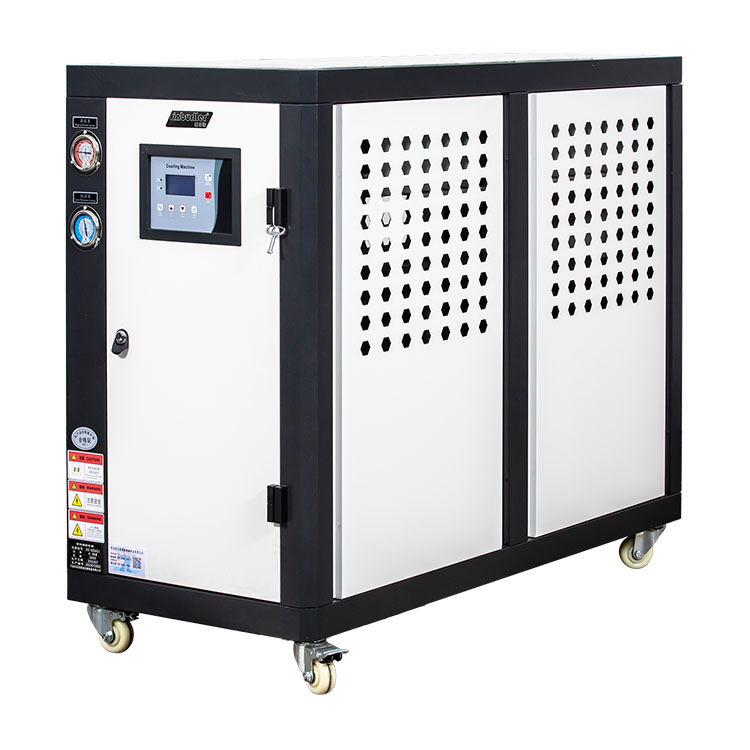Understanding Cooled Chillers: How They Work and Why They Matter
2024-12-13
Cooled chillers play a vital role in modern industries and commercial spaces by providing efficient temperature control. Whether you’re in manufacturing, healthcare, or hospitality, a cooled chiller ensures optimal cooling for various processes and environments. But how exactly do they work, and why are they so important? Let’s delve into the details.
What is a Cooled Chiller?
A cooled chiller is a cooling system designed to remove heat from a liquid via a refrigeration cycle. This chilled liquid is then used to cool equipment, air, or processes in diverse applications. There are two primary types of cooled chillers:
- Water-Cooled Chillers: These systems use water as the heat exchange medium, requiring a cooling tower for heat dissipation.
- Air-Cooled Chillers: These rely on ambient air for heat exchange, making them ideal for areas with limited water resources.
How Do Cooled Chillers Work?
The working mechanism of a cooled chiller revolves around the refrigeration cycle. Here are the key steps:
1. Heat Absorption: The liquid refrigerant absorbs heat from the liquid to be cooled, converting it from a liquid to a gas.
2. Compression: The refrigerant gas is compressed, raising its temperature and pressure.
3. Heat Rejection: In the condenser (either air-cooled or water-cooled), the refrigerant releases the absorbed heat and condenses back into a liquid.
4. Expansion: The liquid refrigerant passes through an expansion valve, reducing its pressure and temperature, making it ready to absorb heat again.
This continuous cycle ensures efficient heat removal and temperature regulation.

Advantages of Cooled Chillers
- Energy Efficiency: Water-cooled chillers, in particular, are known for their high energy efficiency, especially in large-scale operations.
- Cost-Effective Cooling: By maintaining consistent temperatures, cooled chillers reduce wear and tear on equipment, lowering maintenance costs.
- Environmental Benefits: Modern chillers use eco-friendly refrigerants and advanced technologies to minimize energy consumption and environmental impact.
Applications of Cooled Chillers
Cooled chillers are indispensable in various industries:
- Industrial: Used for cooling machinery and processes in manufacturing plants.
- Healthcare: Maintain precise temperatures for medical imaging devices like MRI machines.
- Hospitality: Ensure comfortable indoor temperatures in hotels and event spaces.
- Food and Beverage: Keep production lines, storage, and transportation cool and hygienic.
Conclusion
Understanding the working principles and benefits of cooled chillers highlights their importance in modern infrastructure. Their ability to provide reliable and efficient cooling makes them a cornerstone of various industries, ensuring smooth operations and environmental sustainability.


